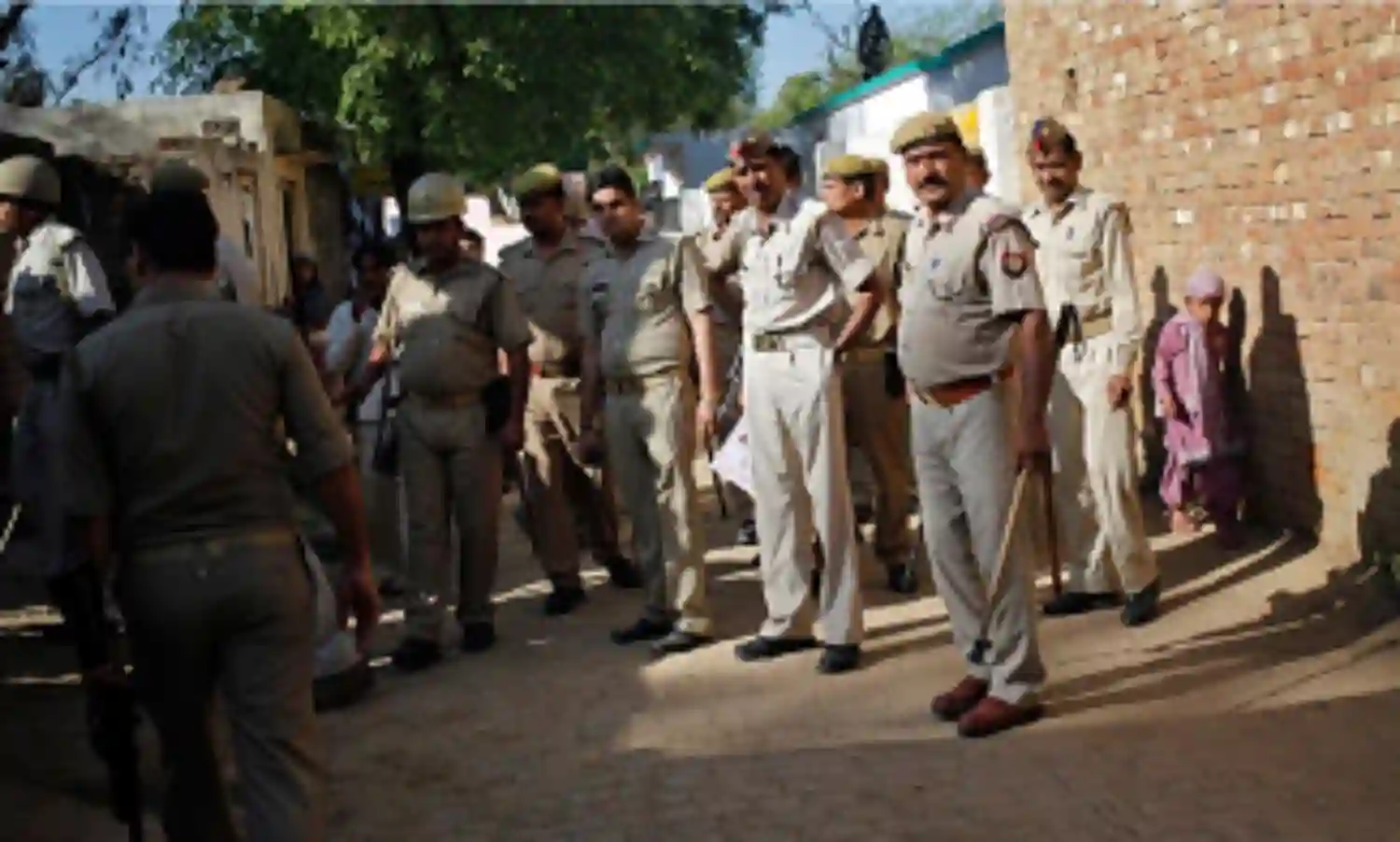Courts Hang Four in 16 Years, Adityanath's Police Kill 34+ In Just One Year
PM says atmosphere of fear over in UP

NEW DELHI: The Bharatiya Janata Party government led by Yogi Adityanath, who faces charges of promoting enmity between religions, attempt to murder, assumed power in the state of Uttar Pradesh in March 2017. Since then, the number of deaths in 1,142 encounters by UP police stands at 34.
The natural question that arises is this: What would have been the fate of those alleged criminals if the courts had decided their punishment, and not the police? Would all of them have been executed?
From 2001 to 2017, Indian courts sentenced more than 1300 people to capital punishment. But during this period, only four executions were carried out. Dhananjoy Chatterjee was hanged in 2004, Ajmal Kasab in 2012, Afzal Guru in 2013, and Yakub Memon in 2015. This is because most of the others were commuted to life imprisonment.
Also, the doctrine of “rarest of the rare” is applied by the SC while confirming death sentences. The UP police have killed 34 in less than a year under the leadership of Adityanath, whereas only four were lawfully executed in the whole of India in the last 17 years.
In one of the cases of encounter the National Human Rights Commission (NHRC) sent a notice to the UP government in which it raised questions on the conduct of the state police and the resulting “atmosphere of fear”. According to the NHRC, “it seems that the police personnel in the State of Uttar Pradesh are feeling free, misusing their power in the light of an undeclared endorsement given by the higher ups. They are using their privileges to settle scores with the people. The police force is to protect the people, these kind of incidents would send a wrong message to the society. Creating an atmosphere of fear is not the correct way to deal with the crime” (italics added).
Prime Minister Narendra Modi inaugurated the Uttar Pradesh Investor’s Summit 2018 in Lucknow on February 21. He stated that a defence industrial corridor will be set up from Agra to Chitrakoot, which will generate 2.5 lakh jobs (we don’t know if he included pakodawalas in this number or not). He declared that the period of “fear and insecurity” was over in the state, and that the summit laid the foundation of a new UP.
A number of business leaders were present during the summit, and made announcements to invest thousands of crores in UP. Gautam Adani, chairman of the Adani group, promised to invest Rs. 35,000 crores in the state in the next five years. Two firms owned by the Adani Group, namely Adani Power Maharashtra Ltd and Adani Power Rajasthan Ltd, were issued notices in 2014 by the Directorate of Revenue Intelligence (DRI) for overvaluation of power equipment to the tune of Rs. 5,400 crores. The adjudicating authority of the DRI dropped both the cases against Adani’s firms in August and October 2017.
But the DRI filed an appeal against the order of the adjudicating authority, in November 2017, at the Customs, Excise and Service Tax Appellate Tribunal (CESTAT) in which it argued that the annulment order “suffers from several contradictions which indicate either total non-application of mind or recklesness (sic) in passing of the order”.
Not only this, the DRI also stated that “…the manner in which the adjudicating authority has gone on to describe an otherwise dubious contract process in glowing terms as transparent, independent and good corporate governance practice… only points at eagerness and bias on the part of adjudicating authority to justify overvaluation ignoring facts to the contrary” (italics mine).
In his Rajya Sabha speech on February 7 2018 (listen when the time is 16:03), Prime Minister Narendra Modi said that if he wrote 9, then the people sitting on the other side (referring to the opposition) would see it as 6, and what could he do in such a situation? Mukhtar Abbas Naqvi (BJP MP), who was sitting in the third row, commented that ‘ulta dekhne ki aadat hai’, that is, they have a habit of looking in the opposite manner, or in this case, upside down.
PM Modi, in this instance, was referring to opposition’s questioning of India’s improvement in ease of doing business ranking. The opposition’s charge was that when demonetisation and the GST resulted in the loss of thousands of jobs, then the improvement in ease of doing business ranking has no meaning.
The NHRC sees an “atmosphere of fear” in the state of UP, but according to PM the state government has ended “fear and insecurity”. It seems PM Modi ko ulta dekhne ki aadat hai.
(The writer was till recently with the University of Groningen, Netherlands.)



